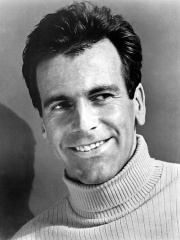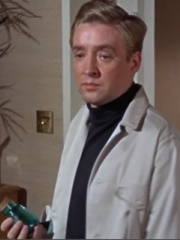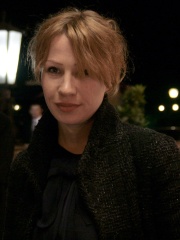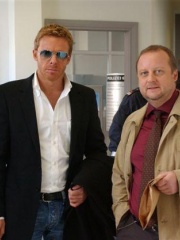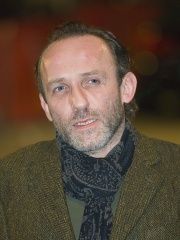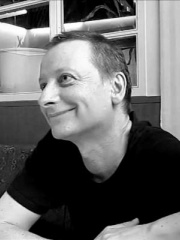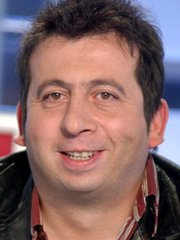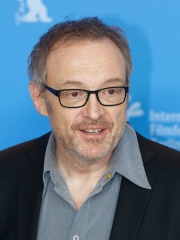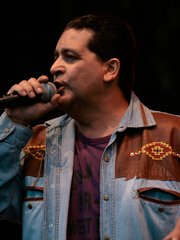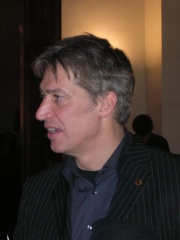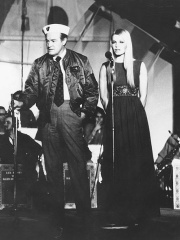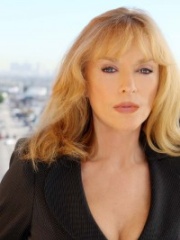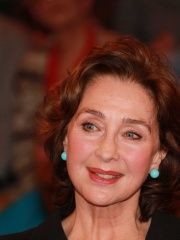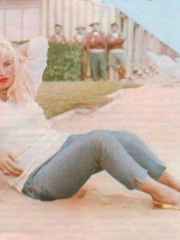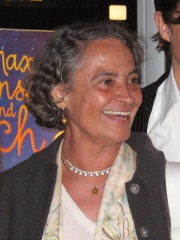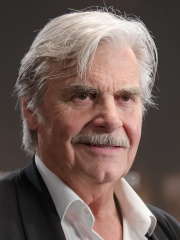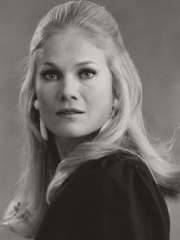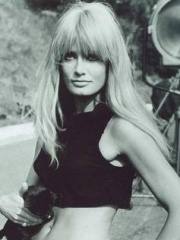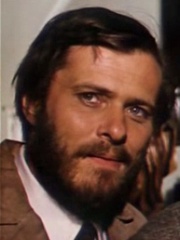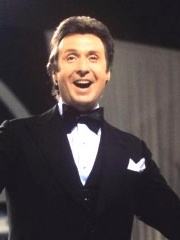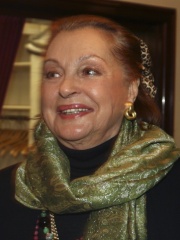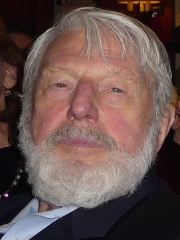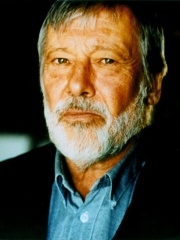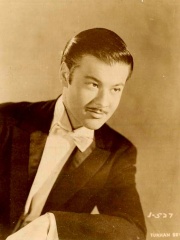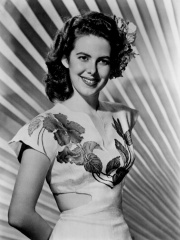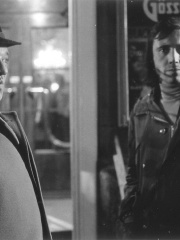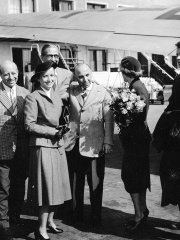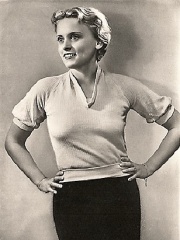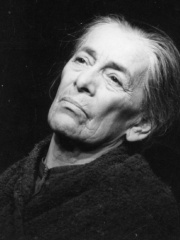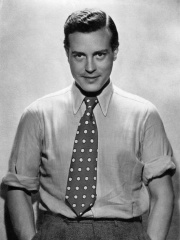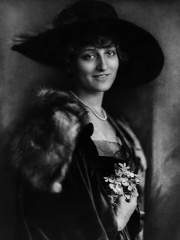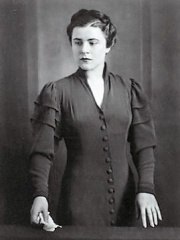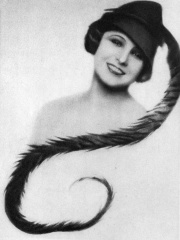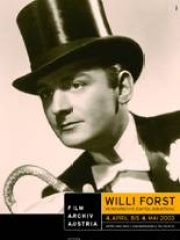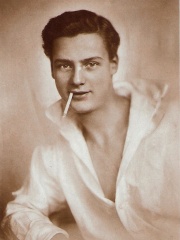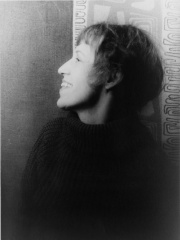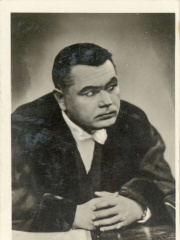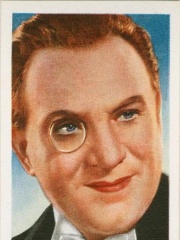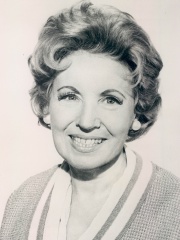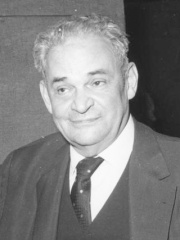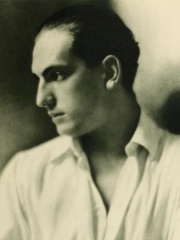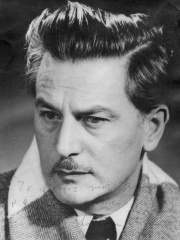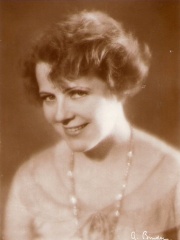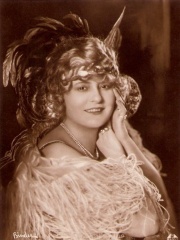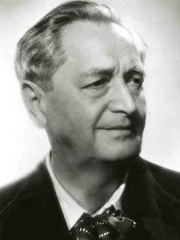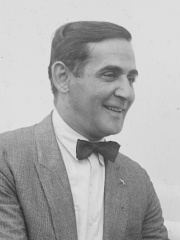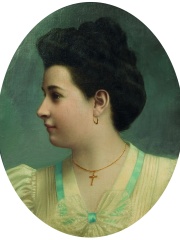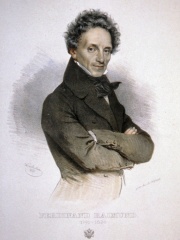
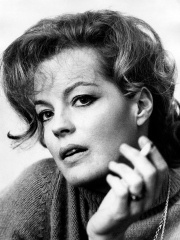
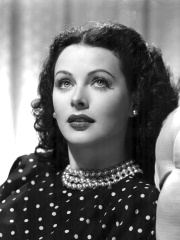
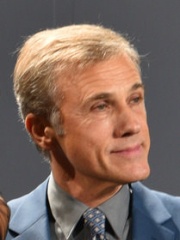
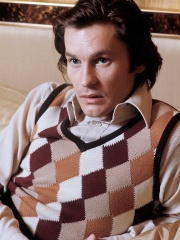
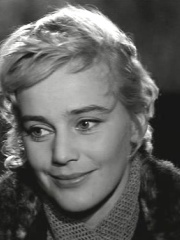

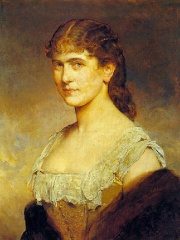
A Leghíresebbek
Színész Ausztriaból
Felkapott Színész Ausztriaból ezen a héten
A top 10 Színész Ausztriaból a Wikipédián az elmúlt 7 napban, rövid magyarázattal a kiugrás okáról.
- #1

Christoph Waltz
b. 1956
Felkapott: német (#20) Wikipedia (7922 megtekintés, márc. 1.-án).
- #2

Arnold Schwarzenegger
b. 1947
Felkapott: német (#66), magyar (#85), orosz (#90), japán (#99), lengyel (#133), holland (#135), spanyol (#195), portugál (#241), angol...
- #3

Hedy Lamarr
1914 - 2000
Felkapott: olasz (#171), portugál (#214) és spanyol (#251) Wikipedia (1343 megtekintés, márc. 1.-án).
- #4
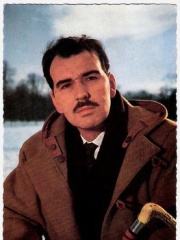
Bernhard Wicki
1919 - 2000
Felkapott: német (#180) Wikipedia (1718 megtekintés, márc. 1.-án).
- #5
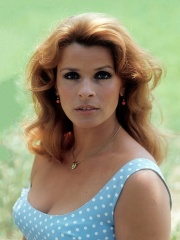
Senta Berger
b. 1941
Felkapott: német (#201) Wikipedia (1631 megtekintés, márc. 1.-án).
- #6

Romy Schneider
1938 - 1982
Felkapott: francia (#319) Wikipedia (1179 megtekintés, febr. 27.-án).
Ez az oldal a legnagyobb Ausztriaból Színész listáját tartalmazza. A Pantheon adatkészlet 13 578 Színész adatait tartalmazza, ebből 70 született Ausztria országában. Ez teszi Ausztria országát a 22. legtöbb Színész szülőhelyévé Hongkong KKT és Argentína után.
Top 10 Színész
A következő személyeket a Pantheon a 10 leglegendásabb Ausztriaból Színész között tartja számon minden idők. Ez a híres Ausztriaból Színész lista HPI (Történelmi Népszerűségi Index) szerint van rendezve, amely egy biográfia online népszerűségéről összesíti az információkat. Látogassa meg a ranglisták oldalát a teljes lista megtekintéséhez Színész Ausztriaból.
Születési évtizedek szerint
Böngéssze a nevezetes Ausztriaból Színész személyeket születési évtizedek szerint. Minden évtized a HPI szerinti top 10-et mutatja; bontsa ki az összeshez.
1990-es évek(1)
1980-es évek(1)
1960-es évek(8)
1950-es évek(4)
1940-es évek(12)
1930-es évek(3)
1920-es évek(9)
1900-es évek(8)
1890-es évek(9)
1880-es évek(2)
1870-es évek(1)
1860-es évek(1)
1850-es évek(1)
1790-es évek(1)
Overlapping Lives
Which Színészs were alive at the same time? This visualization shows the lifespans of the 25 most globally memorable Színészs since 1700.

